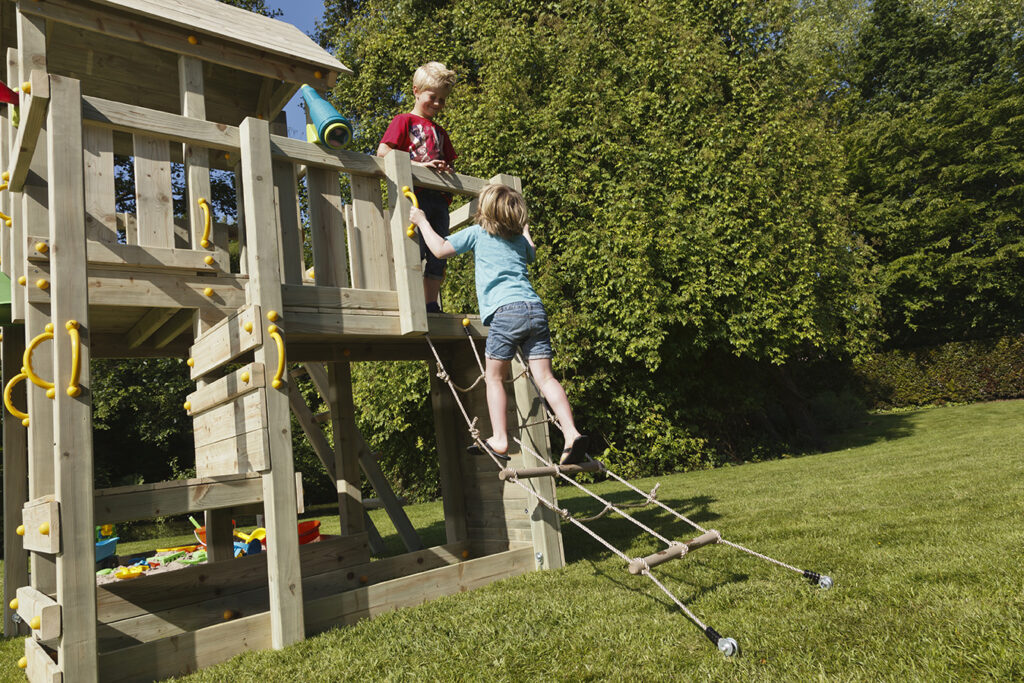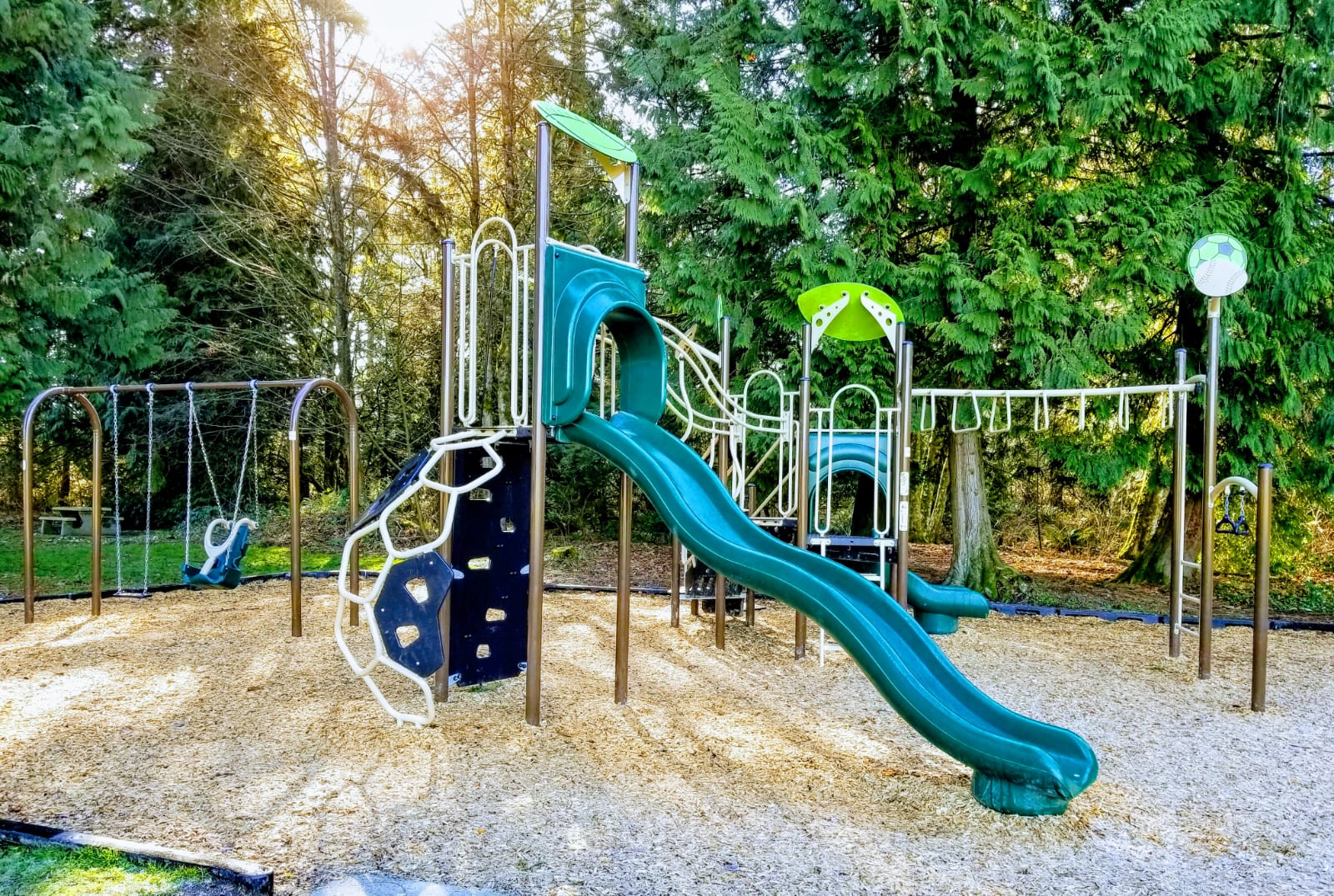Having friends is crucial when we are growing up. They allow us to learn more about ourselves, develop our own identity, and even improve our mental health.
Why is important to build a strong social support network? Friends help us increase self-esteem, promote healthy behaviors (e.g. exercise), offset daily stressors, among others.
Playing with others is one of the most important contexts for friendships, it is a safe space for the acquisition of social skills in childhood.
Next, we discuss how playing and friendship are related:
Free space
No one forced anyone to play. It is an intrinsically motivated activity, children are moved to do it just because it is entertaining.
Play occurs in a context without permanent adult supervision or guidance. That allows it to be a very relaxed space where children can talk whatever they want to. Also, make their own choices about what they are going to play.
Thus, they can approach other children to invite them to play, ask for their turn on different playgrounds equipment or interact with their peers without the social pressures of who performs better academically or athletically.
In playground spaces, children generally do not pay attention to factors such as age, nationality, or gender. It’s a place where backgrounds are not an obstacle to link with others.
Sharing with others
Playing helps to “break the ice” with strangers. Shy children who do not talk so much find it easy to understand each other by sharing a game because they just need to find activities that find fun!
Plus, kids can easily meet peers with the same interests. For instance, if children prefer swinging activities, in those spaces they will find people who like the same activity without asking. Your child will choose friends based on similar and shared hobbies. Your child will choose friends based on similar and shared hobbies
Also, when kids play, they are usually not exposed to screen time, which promotes a context for physical interaction. In addition to sharing with fellow players, they are also physically active. So, it is a win-win situation!

When your child is playing, there is a constant opportunity to make friends. That way he/she will learn & practice social skills such as negotiation and communication.
In a nutshell, research shows that children who play more are more talkative, thoughtful, cooperative, considerate and of course: friendly!
Need more reasons to take your child to the playground?
And if you want to add playground equipment for your community, contact us at 604-424-4168 or info@westplay.ca
